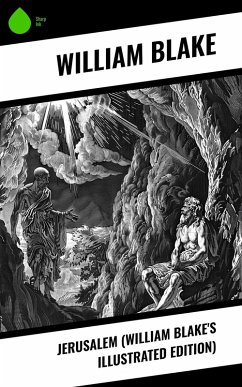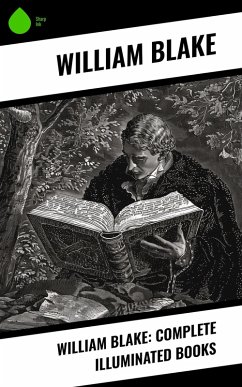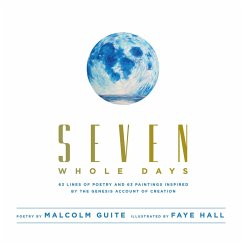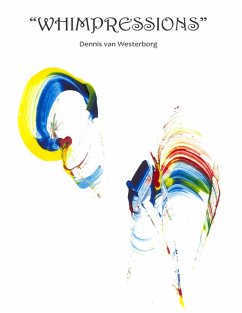
The Book of Job (With William Blake's Illustrations) (eBook, ePUB)
Illuminated Manuscript
Versandkostenfrei!
Sofort per Download lieferbar
2,13 €
inkl. MwSt.
Weitere Ausgaben:

PAYBACK Punkte
0 °P sammeln!
William Blake's "The Book of Job" offers a radical reimagining of the biblical narrative, interweaving profound poetic verse with striking visual illustrations that reflect his unique aesthetic. Blake employs a lyrical style that transcends mere retelling, delving into the themes of suffering, divine justice, and human resilience. The text serves not only as a commentary on Job's trials but also as an exploration of the relationship between the human and the divine, captured vividly through Blake's imaginative and often symbolic artwork, which enhances the reading experience and emphasizes the...
William Blake's "The Book of Job" offers a radical reimagining of the biblical narrative, interweaving profound poetic verse with striking visual illustrations that reflect his unique aesthetic. Blake employs a lyrical style that transcends mere retelling, delving into the themes of suffering, divine justice, and human resilience. The text serves not only as a commentary on Job's trials but also as an exploration of the relationship between the human and the divine, captured vividly through Blake's imaginative and often symbolic artwork, which enhances the reading experience and emphasizes the spiritual conflict present in the story. William Blake (1757-1827), a seminal figure in the Romantic era, was a poet, artist, and visionary thinker whose work was deeply influenced by his unique spiritual beliefs and critiques of organized religion. His fascination with biblical texts and his emphasis on personal experience and intuition informed his approach to this project, transforming a well-known story into a rich tapestry of philosophical inquiry and visual artistry. Blake's engravings accompany the text, inviting readers to engage with the theological questions he sought to address in a deeply personal manner. This edition of "The Book of Job" is essential for readers interested in the confluence of literature, art, and spirituality. Its evocative imagery paired with Blake's poetic interpretation challenges conventional perspectives and invites readers to reflect on the complexities of faith and existence. Ideal for scholars, students, and anyone engaged in the pursuit of wisdom, this work remains a timeless exploration of the human condition.
Dieser Download kann aus rechtlichen Gründen nur mit Rechnungsadresse in A, B, BG, CY, CZ, D, DK, EW, E, FIN, F, GR, HR, H, IRL, I, LT, L, LR, M, NL, PL, P, R, S, SLO, SK ausgeliefert werden.













